Are you looking to boost your leg endurance and take your workouts to the next level? Many share your frustration at hitting a plateau in their fitness. If you want to spice up your routine, you’re not alone. Many of us want to build leg strength and stamina. Resistance bands can be a game-changer in that quest. This post will explore the best resistance band workouts. The design boosts leg endurance. Whether you’re an expert or a beginner, you’ll find useful exercises. You can incorporate them into your routine with little effort. They will boost your performance, stability, and confidence as you move. Let’s dive in and discover how these versatile bands can transform your leg workout!



Understanding Leg Endurance
Leg endurance is a key part of fitness. It often gets less attention than strength training. It is vital to our daily activities and athletic performance. It affects our mobility, too. This section will explore leg endurance. We will cover its meaning, importance, and the muscles involved. Then, we will discuss how to improve it with resistance training.



What is Leg Endurance?
Leg endurance is your leg muscles’ ability to work for a long time without getting tired. It involves not strength, but also stamina. That’s how long your muscles can perform repeated contractions without tiring. You might first think about leg endurance in the context of athletics. For instance, runners, cyclists, and dancers need high endurance to excel. But, it’s also important for daily activities. These include walking, climbing stairs, and carrying groceries.
Why is Leg Endurance Important?
Muscle Groups Involved in Leg Endurance
To understand how to improve your leg endurance, it’s essential to recognize the specific muscle groups involved:
Resistance Training for Improving Leg Endurance
Beyond traditional cardio, resistance training is an effective way to enhance leg endurance. Using weights, bands, or bodyweight exercises builds your muscular stamina for longer activity.
Practical Examples of Exercises
1. Bodyweight Squats: Great for building both strength and endurance. Aim for higher repetitions (15-20) to focus on endurance.
2. Lunges: Forward, backward, or lateral lunges help develop muscle coordination and endurance.
3. Leg Press Machines: Brands like Body-Solid offer leg press machines that allow you to focus on controlled, repetitive movements to enhance endurance.
4. Resistance Bands: Products like TheraBand’s Resistance Bands can be used for various exercises that enhance stability and endurance.
Recommended Resistance Training Equipment
| Equipment | Benefits | Suggested Brands |
|---|---|---|
| Squat Rack | Allows for safe squatting | Rogue Fitness |
| Leg Press Machine | Targets multiple leg muscles | Body-Solid |
| Resistance Bands | Lightweight and versatile | TheraBand |
| Dumbbells | Great for unilateral exercises | Bowflex SelectTech |
Leg Endurance vs. Strength Training
While both leg endurance and strength training are essential, they focus on different aspects:
Key Differences
| Parameter | Leg Endurance | Leg Strength |
|---|---|---|
| Weight Used | Light to Moderate | Heavy |
| Repetitions | 12-20+ | 4-8 |
| Training Focus | Muscle Stamina | Muscle Size & Power |
| Examples | High-Rep Squats, Cycling | Heavy Squats, Deadlifts |
Knowing these differences, you can tailor your workouts to meet your fitness goals. Improving your leg endurance boosts your athletic ability. It also makes daily tasks seem effortless.
Advantages of Using Resistance Bands for Leg Workouts
Resistance bands have gained popularity among fitness enthusiasts for a good reason. Their unique traits offer many benefits. They can boost leg workouts. Let’s explore the benefits of using resistance bands in your workouts.


Versatility of Resistance Bands
One of the standout features of resistance bands is their versatility. You can use them for a wide range of exercises targeting various muscle groups. Whether you’re focusing on quads, hamstrings, glutes, or calves, resistance bands can be modified to suit your workout goals.
Practical Examples of Use:
Ease of Use
Designers create resistance bands for ease of use and accessibility. They are perfect for both beginners and seasoned athletes. Unlike heavy weights or bulky equipment, bands are lightweight. You can use them almost anywhere: at home, in the gym, or while traveling.
Key User-Friendly Features:
Affordability
Investing in a quality set of resistance bands offers incredible value for your money. Unlike gym memberships or expensive equipment, bands are budget-friendly yet provide an effective way to build strength.
Costs Breakdown:
| Product | Price | Features |
|---|---|---|
| Fit Simplify Resistance Loop Bands | ~$15 | Set of 5 resistance levels, high-quality latex |
| Bodylastics Resistance Bands | Starting at $50 | Multiple attachments, adjustable resistance levels, robust durability |
| ProForm Resistance Bands | ~$30 | Built-in handles, anchor points, sturdy construction |
Consistent Resistance Throughout Range of Motion
Unlike free weights, resistance bands are unique. They provide a resistance that tests your muscles through their full range of motion. As you stretch the band, its resistance increases. This leads to better muscle engagement.
Benefits in Workouts:
Injury Prevention and Rehabilitation
Resistance bands can be a game changer for rehab or injury prevention. Their elasticity allows for smoother, controlled movements. This can reduce the risk of strains.
Key Benefits:
Rehabilitation Example:
Using resistance bands in your leg workouts has many benefits. They can improve your fitness experience. They are a great addition to any exercise routine. They’re versatile, easy to use, affordable, and effective. They suit beginners and those seeking to boost their fitness.
Final Thoughts on Optimizing Your Leg Endurance Training
In conclusion, leg endurance is key to your fitness. Resistance band exercises are a great way to build it. This post’s routines will effectively target your leg muscles. They are also versatile and easy to use. Track your progress to stay motivated. Measure it by your reps, resistance, or stamina. So, grab those resistance bands and make them a staple in your fitness journey—you’ll be amazed at the results!


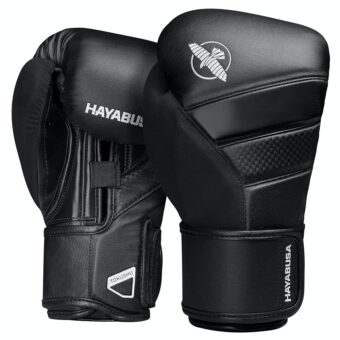

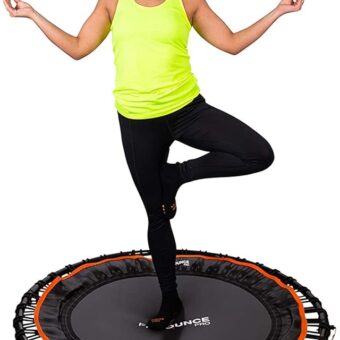
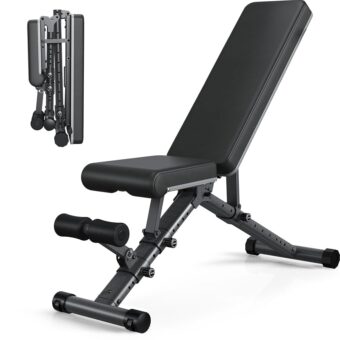
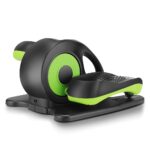

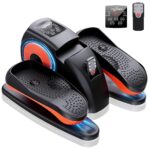

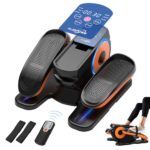




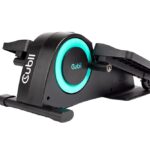
What specific resistance bands do you recommend for beginners? I’m totally new to this!
Can you share how these resistance band routines can help in sports like running or cycling? Would love to see a real-world application!
Great question! Resistance band routines can enhance your leg strength, which directly translates to better performance in activities like running and cycling. They help improve muscle endurance, which means you can go longer without fatigue. I’ll definitely look into providing more examples in future posts!
I just started using resistance bands for my legs, and I can definitely feel a difference in my endurance! It’s been awesome!
I’ve been using the GoFit Resistance Bands, and they’re really versatile! They’ve helped me so much with my leg workouts. Any tips for maximizing their use?
Thanks for sharing your experience with the GoFit bands! They’re indeed a solid choice. To maximize their use, try incorporating different resistance levels and varying your exercises to target all muscle groups effectively!
Hey, can you give us more details on what leg endurance actually means? Seems super important!
I’d love to see you expand on the benefits of resistance bands! Are there specific exercises you’d recommend?
I’d love to see an article on how resistance bands can be integrated into a full-body workout! Any chance you’ll cover that?
Absolutely! A full-body workout with resistance bands would be an awesome topic. Stay tuned, and I’ll make sure to include that in my upcoming articles!